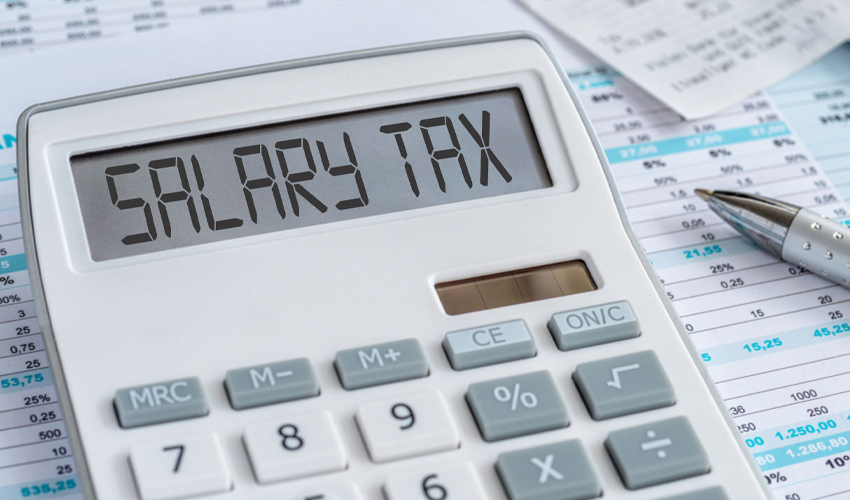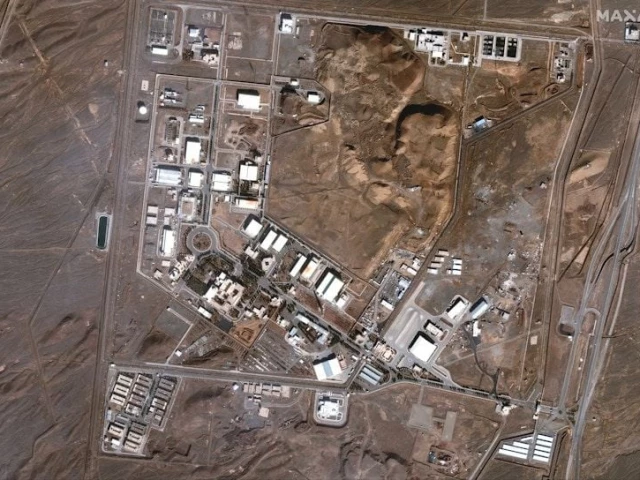In an effort to provide relief to inflation-weary citizens, the Pakistani government is considering options to ease income taxes. This initiative comes as the coalition government, led by the Pakistan Muslim League-Nawaz (PML-N), faces pressure from Jamaat-e-Islam (JI), which is currently holding a sit-in in Rawalpindi to protest against high electricity bills and taxes.
Income Tax Relief for Salaries Under Rs100,000



